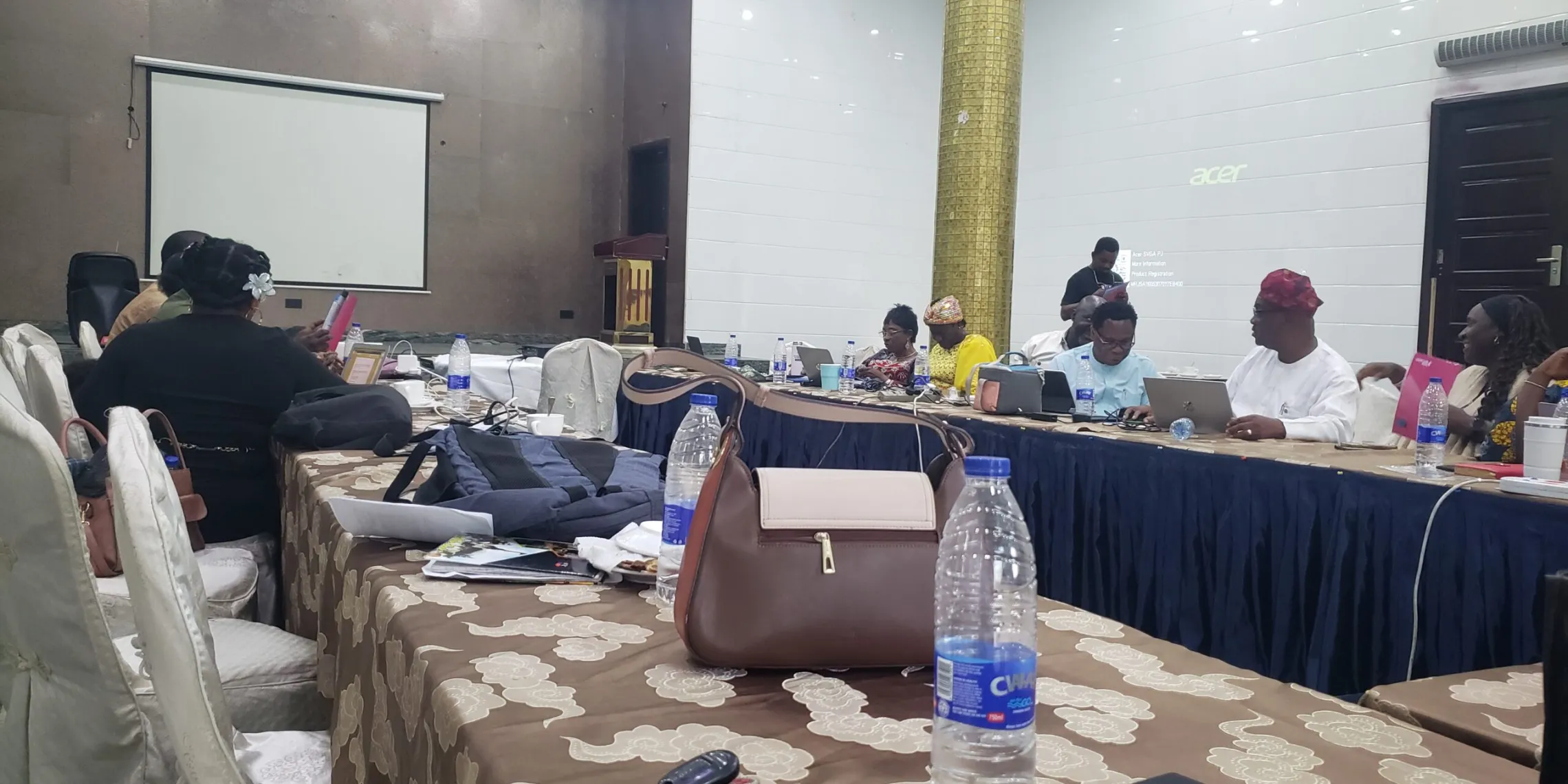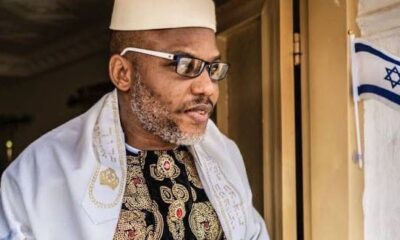News
1.5 million Nigerians at Risk as HIV Services Collapse
A recent report by Education as a Vaccine (EVA) warns that Nigeria’s HIV response is at a critical stage after the US government’s funding freeze

- A recent report by Education as a Vaccine (EVA) warns that Nigeria’s HIV response is at a critical stage after the US government’s funding freeze, potentially leaving 1.5 million people in key populations without lifesaving prevention and support services.
A new accountability report has revealed that an estimated 1.5 million people in key populations could lose access to lifesaving HIV prevention and support services as Nigeria’s HIV response enters a dangerous phase following the US government’s funding freeze.
The report, developed and launched by Education as a Vaccine (EVA) on Friday during the Government–CSO Dialogue on HIV Transition and Sustainability in Abuja, highlights declining prevention indicators, widespread service disruption, and systemic weaknesses across the country.
Presenting the findings, Phillip Idoko, Senior Programme Officer at EVA, stated that before the funding freeze, 87 per cent of Nigeria’s HIV budget depended on US government support. With a significant portion of this funding now halted, service gaps have widened across multiple states, raising concerns of a potential new AIDS emergency if urgent action is not taken.

Impact of the US Funding Freeze
The US government’s cost-cutting measures earlier this year led to a temporary suspension of foreign aid, disrupting key global health programmes, including the US President’s Emergency Plan for AIDS Relief (PEPFAR). PEPFAR, which provides critical support for HIV treatment in Nigeria, funds antiretroviral drugs, testing, counselling, and health worker training.
The implementation of the funding cuts has drastically affected HIV care, disrupting drug supply chains, delaying routine services, and creating uncertainty among healthcare workers and patients who rely heavily on PEPFAR-supported programmes. Although PEPFAR was later issued a limited waiver to continue some services, the situation has remained fluid. Over the years, PEPFAR has contributed over $6 billion to Nigeria’s national HIV/AIDS response.
Service Disruptions and Prevention Reversals
According to the report, more than 80 one-stop shops that previously provided specialized, community-friendly HIV services have been disrupted nationwide. These centres served key populations, including men who have sex with men, sex workers, transgender individuals, and young people. Mr. Idoko noted: “Community based providers of services have been withdrawn from many locations, shattering long used relationships.”
The report also revealed a sharp decline in Pre-exposure Prophylaxis (PrEP) use, dropping from 43,000 users in November 2024 to fewer than 6,000 by April 2025, demonstrating a reversal of prevention gains. Restrictions during the funding freeze excluded most key populations from accessing PrEP in 33 states, while preventive services for adolescents and young people, including programmes like Operation Triple Zero and access to condoms and lubricants, were also halted.
Government and Civil Society Response
Speaking on the freeze, Ezinne Oke-Uchendu, Deputy Director and Co-lead for HIV prevention at the National Agency for the Control of AIDS (NACA), stated that the US stop-work order disrupted interventions at community levels. She added that the Government–CSO dialogue allowed stakeholders to review these disruptions and validate evidence from civil society organisation (CSO) assessments: “A lot of our partners were affected and work at different community levels was also affected.”

Ms. Oke-Uchendu noted that CSOs are expected to align with national guidelines, including the National Prevention Plan and population-specific guidance. She highlighted that some recommendations, such as reducing the age of consent for HIV testing, have already begun to yield policy changes: “One of the recommendations was to reduce the age of consent. While we were in this meeting, we got information that that has been approved.”
Calls for Integration, Training, and Accountability
Mr. Idoko emphasized the need for service integration into public health facilities and training general health workers to provide stigma-free services to key populations: “Services need to be integrated. Government needs to work more with healthcare providers in generalised facilities to provide specialised services to key populations.”
He also called for the absorption of trained community service providers into the public health system, stronger protection for people facing discrimination, and continued civil society oversight to ensure timely funding releases and policy reforms: “Our call to action is for prevention not to be thrown under the carpet. Government needs to step up, fund prevention programmes, HIV testing services and ensure people have access to new prevention commodities.”
While treatment commitments remain crucial, Mr. Idoko stressed that they cannot replace comprehensive prevention: “Treatment commitments are important but cannot replace comprehensive prevention.”






















